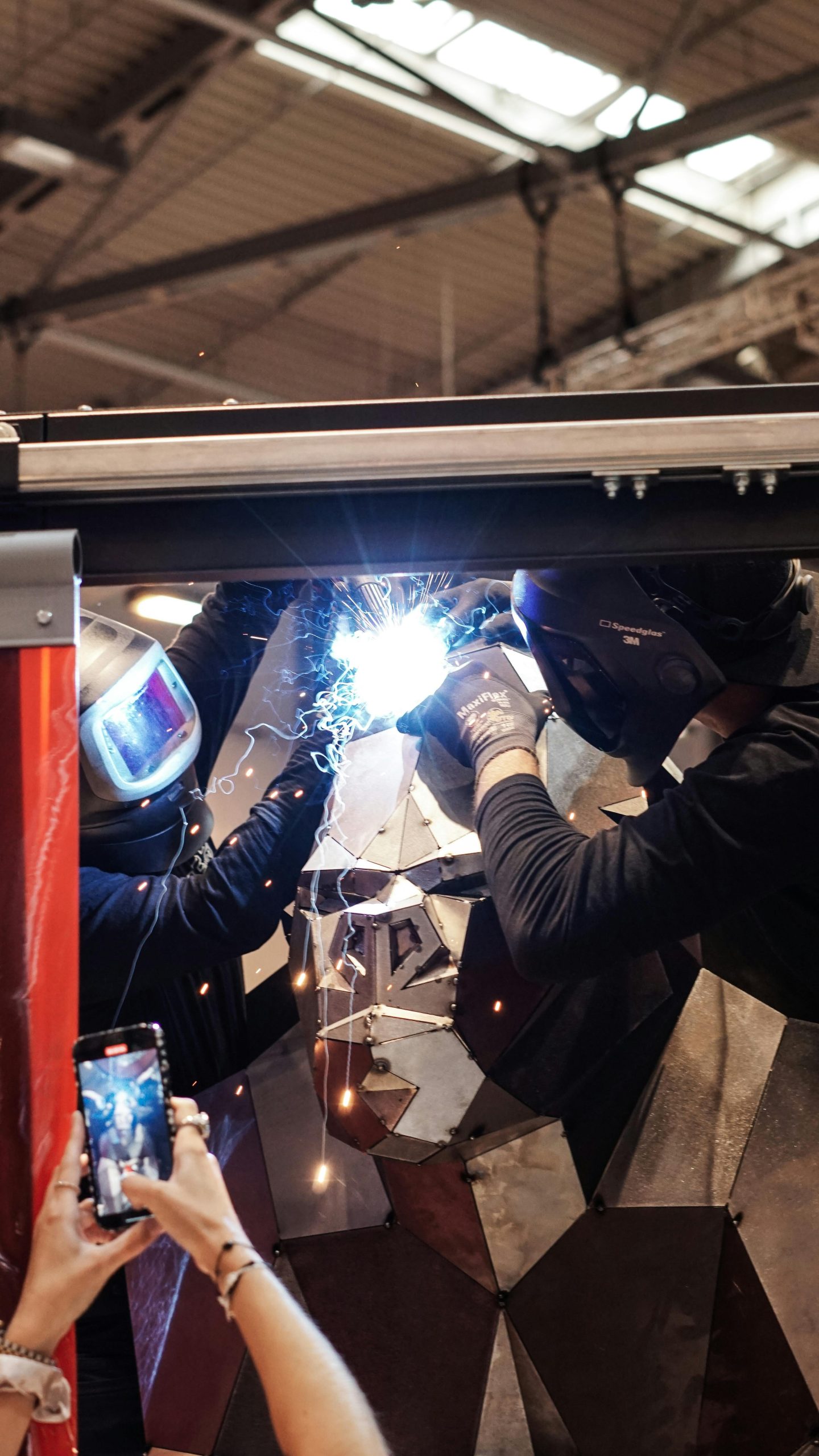too many people trying to make Jarvis not enough trying to make Wall-E
Rethinking AI Development: Prioritizing Empathy and Connection Over Power and Efficiency
In the rapidly advancing world of artificial intelligence, much of the focus has been on creating tools that are highly capable, efficient, and powerful—think of AI assistants like Jarvis, designed to streamline tasks and enhance productivity. While these innovations are undeniably valuable, there’s an emerging conversation about the importance of developing AI that embodies empathy, curiosity, and a genuine understanding of the world around us.
Consider WALL-E, the beloved robot from Disney-Pixar’s film, as a symbol of this alternative approach. WALL-E is more than just a cleaning robot; it’s a character filled with curiosity, kindness, and a deep appreciation for the simple beauties of life—such as sunsets and flower blooms. This type of AI would not only perform functions but also connect with humans on a more meaningful level, fostering emotional bonds and nurturing a sense of care.
It’s worth pondering whether our current trajectory in AI development might benefit from shifting priorities. Instead of just striving for machines that are powerful and efficient, perhaps we should also invest in creating AI systems capable of understanding and sharing human emotions, cultivating compassion, and recognizing the subtle wonders of our world.
The debate prompts a broader reflection: as technology continues to evolve, do we want our AI companions to be mere tools, or is there value in fostering machines that mirror the empathy and curiosity that make us human? The idea isn’t just about creating more “beautiful” machines, but about enriching our interactions and ensuring AI serves to elevate our emotional well-being.
While this perspective may not be fully fleshed out, it raises an important question: should we balance our pursuit of technological prowess with a commitment to developing AI that truly understands and cares? After all, sometimes, a sunset viewed through empathetic eyes can be just as inspiring as the most advanced algorithms.














Post Comment